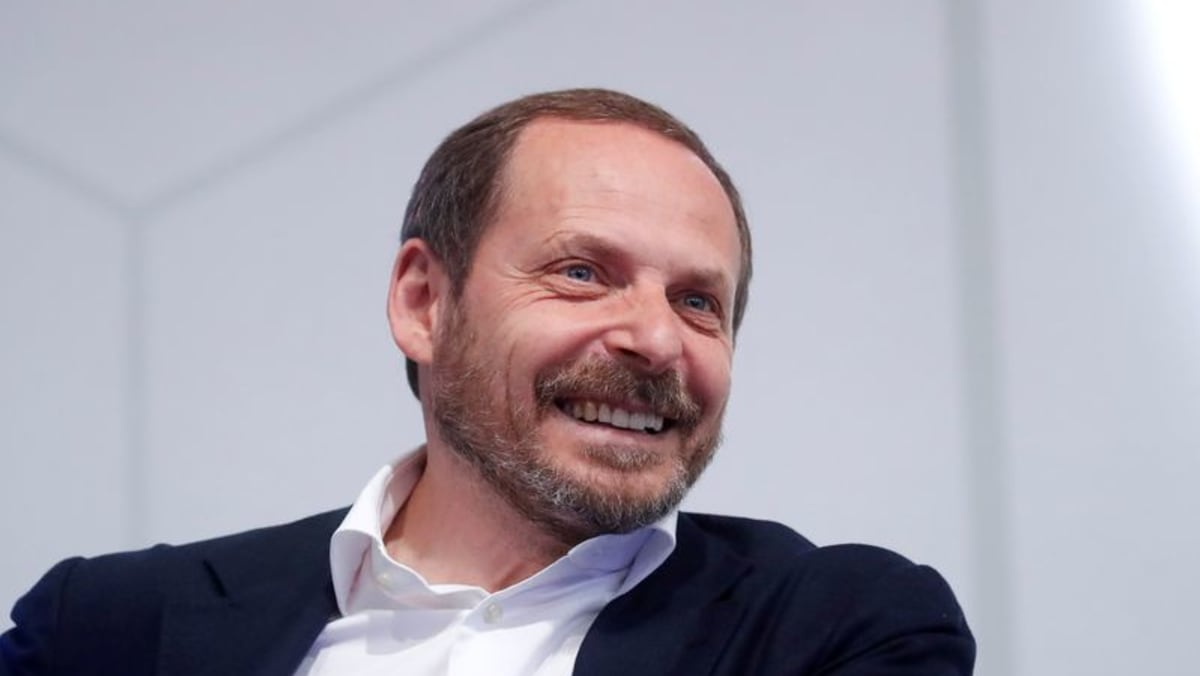Infra
Former Yandex chief Volozh returns with AI infrastructure venture after Russia split

Freed from its ties to Russia, newly unveiled Dutch firm Nebius hopes to help lead the great drive to build the infrastructure underpinning artificial intelligence, founder Arkady Volozh, who previously set up Russian tech giant Yandex, told Reuters.
A Russian consortium of buyers on Monday finalised a $5.4-billion cash and shares deal to acquire Yandex’s Russia-based assets, which had been held through Nasdaq-listed Dutch parent Yandex NV (YNV), the largest corporate exit since Russia’s invasion of Ukraine in February 2022, albeit at a hefty discount.
The deal marked the end of foreign ownership in Russia’s leading technology firm, sharply raising the potential for Kremlin oversight of Russia’s internet space. But it also released YNV – now rebranding to Nebius Group – from its Russian shackles, enabling it to pursue development elsewhere.
Volozh, too, is unbound. Personal EU sanctions imposed in 2022 that led him to step down as Yandex CEO, were lifted in March.
“It’s good to be free, it’s even better to be free with a couple of billion dollars to build something,” Volozh told Reuters in his first public comments since an anti-war outburst threatened to derail the whole exit deal in August last year.
What Volozh wants to build is infrastructure based on Nebius’ cloud platform to service the rapidly growing global AI industry, including large-scale GPU (graphics processing unit) clusters, cloud platforms and tools and services for developers.
“We hope Nebius will become one of the largest AI infrastructure companies in the world, certainly in Europe,” Volozh said. “We understand that something serious is coming, which probably comes once in a generation, like the internet in the 1990s.”
Volozh would know, having launched Yandex in the dotcom boom, eventually listing on Nasdaq and at one point reaching a valuation as high as $30 billion.
RIDING THE AI WAVE
AI infrastructure bets have fuelled a rally this year in the share prices of AI’s big three players, Alphabet, Amazon.com and Microsoft.
Nebius, which has inherited YNV’s Nasdaq listing, hopes to return to trading soon following a long suspension over its Russian business, and thinks it could be the only publicly traded stock in AI infrastructure, outside Big Tech.
Nebius, which owns a data centre in Finland and designs hardware in-house with more than 1,000 engineers plucked from Russia as the war unfolded, hopes to break even in several months and then grow on the back of huge demand.
“It’s a supply market now, whatever you build is pre-ordered for months in advance,” Volozh said. “If we can ride this wave it’s going to be a good ride.”
Despite giving up its Russian business in a cut-price deal, Nebius has some free cash flow to play with, although part of the deal’s proceeds will be used to buy back shares from the many investors still holding untradable Nasdaq stock.
“Infrastructure is a very capital-intensive game,” Volozh said. “We are looking at billions of dollars of investments, part will be financed from our funds, part from external funding (debt or equity).”
The plan is to build hundreds of megawatts of capacity and triple the Finland data centre’s capacity over the next year, Volozh said.
Nebius has good access to GPUs thanks to a long-term relationship with Nvidia and while the big players use Nvidia chips to build their own models, Nebius offers a platform to smaller players.
Convincing investors of its prospects may be the next challenge, especially should trading on Nasdaq resume, which Volozh hopes could happen as soon as September.
Mindful that Nebius is a completely different company to Yandex, Volozh said it was difficult to speak about any target share price and said there would be no hard feelings should investors choose to part ways.
“If someone wants to leave the train now while we are still in the station, they are welcome to,” he said.










